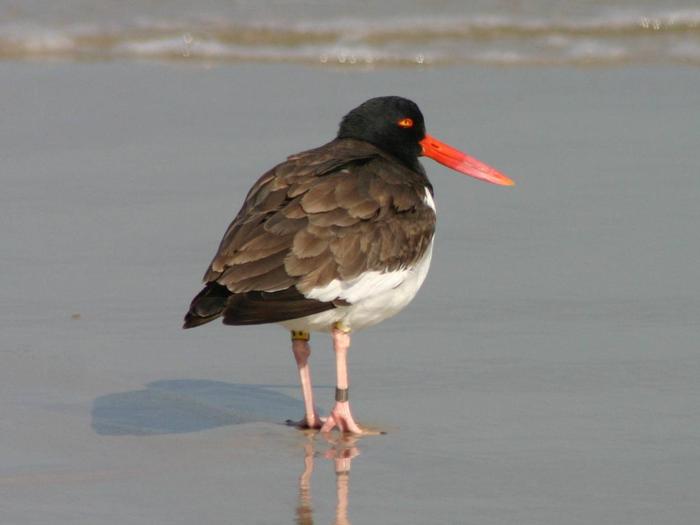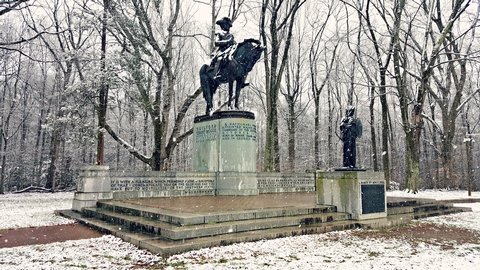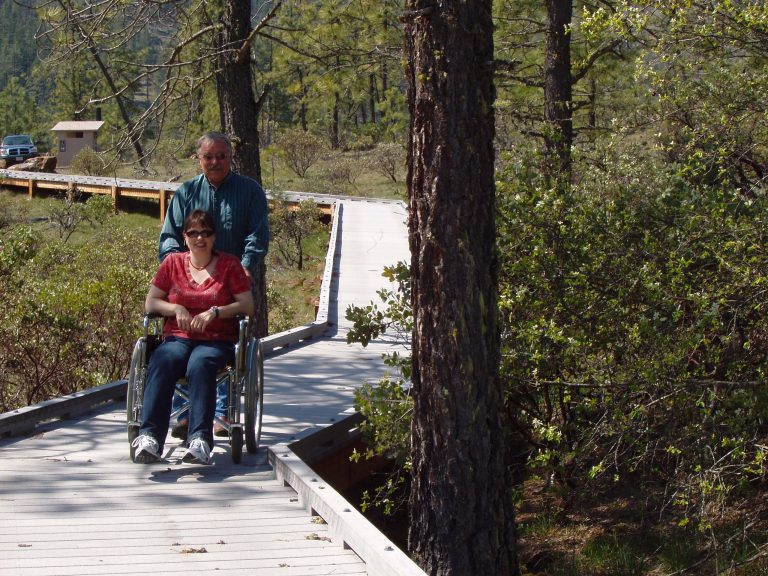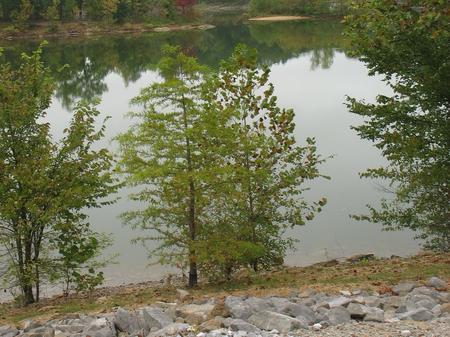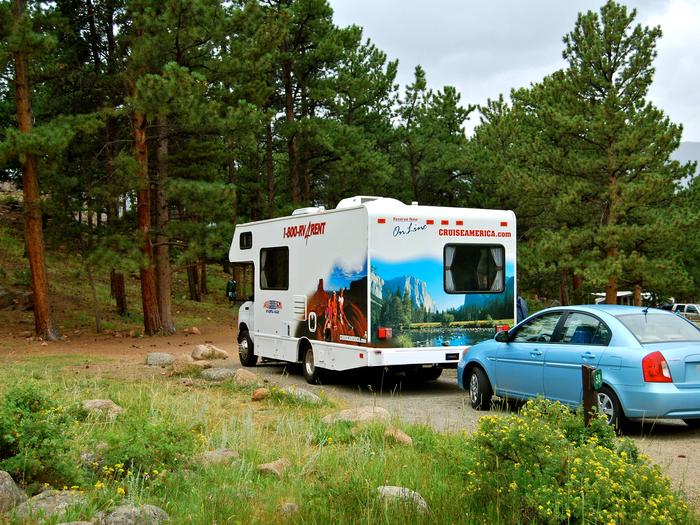Directions
From I-64, exit on I-264 East. Exit onto Birdneck Road (Exit 22). Turn right onto Birdneck Road. Proceed 3-4 miles and turn right onto General Booth Boulevard. Proceed 5 miles and turn left onto Princess Anne Road. Proceed south about a mile until you reach Sandbridge Road. Follow Sandbridge Road until you reach the community of Sandbridge. Make a right onto Sandpiper Road. Proceed south 4 miles to the Refuge entrance. The Visitor Contact Station is one mile from the main entrance.
Phone
757-301-7329
Activities
INTERPRETIVE PROGRAMS, FISHING, HIKING, HUNTING, VISITOR CENTER, WILDLIFE VIEWING, ENVIRONMENTAL EDUCATION, PHOTOGRAPHY, PADDLING
Camping Reservations
Reserve your campsite at these camping areas:
Hiking Trails
Looking for nice hiking areas to take a hike? Choose from these scenic hiking trails:
Related Link(s)
More Virginia Recreation Areas
Back Bay National Wildlife Refuge
Back Bay National Wildlife Refuge is located in southeastern Virginia and was established in 1938 to provide habitat for migrating and wintering waterfowl. The Refuge contains more than 9,200 acres, situated in and around Back Bay, in the southeastern corner of the City of Virginia Beach. Because of its unique geographic location along the Atlantic Coast which provides overlapping ranges for both northern and southern species, biodiversity is high. Habitats include barrier island beach and dunes, shrub-scrub, woodlands, farm land and freshwater marsh. Since 1939, 4,600 acres of Back Bay waters, surrounding the original Refuge lands, have been closed to migratory bird hunting by Presidential Proclamation. Today, the Refuge continues to be an important link in the chain of national wildlife refuges along the Atlantic Flyway. More than 300 species of birds have been observed at the Refuge. During the fall and winter months, large flocks of waterfowl use the Bay and freshwater impoundments. The snow and Canada goose, tundra swan, and many duck species are abundant. Migrating songbirds and shorebirds arrive at the Refuge each spring and fall. Brightly colored warblers dot shrub and woodland areas while shorebirds search for food in shallow waters. Habitats are also used by a wide assortment of other wildlife, including such threatened and endangered species as the loggerhead sea turtle.


